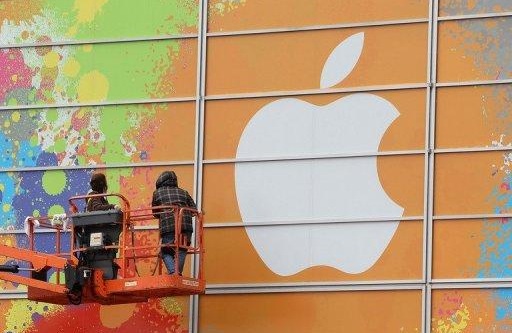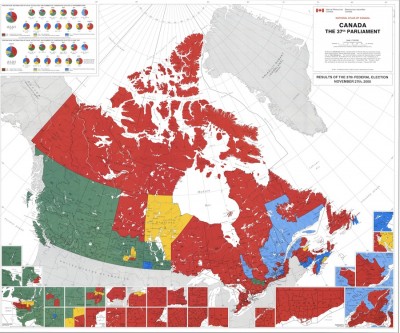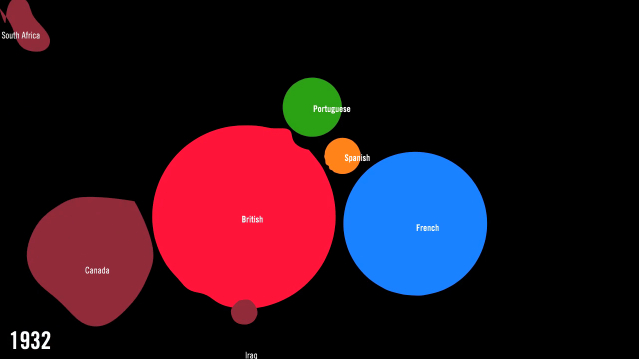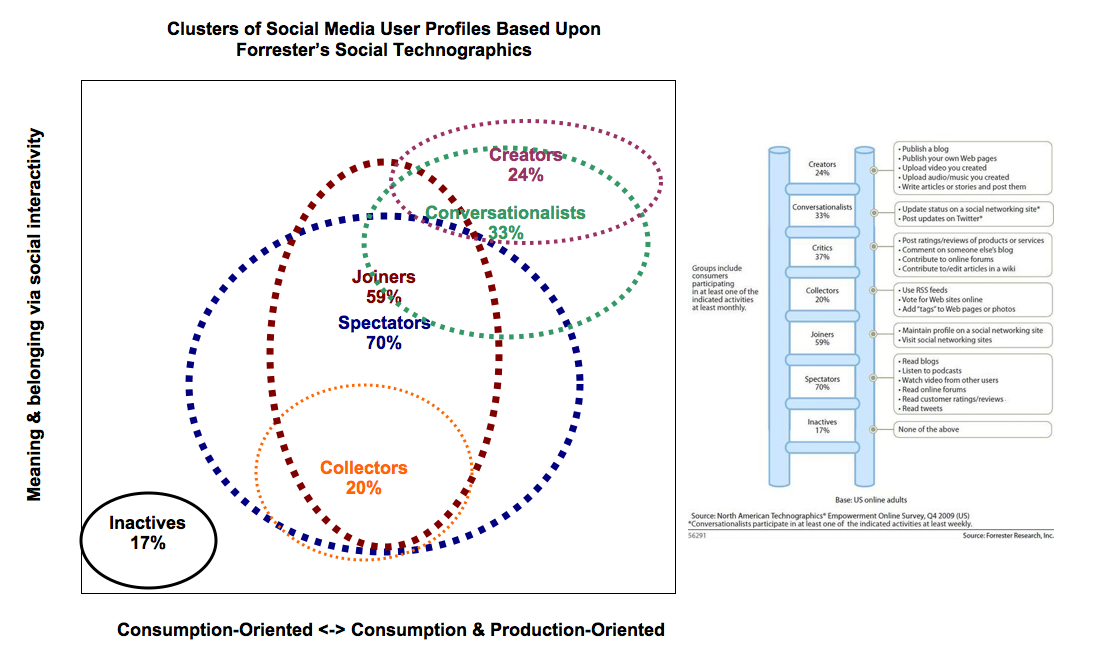
There’s much anticipation for Apple’s announcement today out in California about a new super secret insanely great killer hardware. Leaks by McGraw-Hill CEO have confirmed eBook capabilities and other sources revealed TV tuner, PVR, and videoconferencing features. This is sort of along the lines of my speculations:: “I’m thinking this new offering will be a hybrid that will be more like an iTouch that ideally offers users tools for the better management of and experiences with media—of all digitized forms,” but it’s still all speculation.
One implication that’s being focused on is how this new Apple tablet {some have dubbed it the “Jesus tablet”} could save the ailing print publishing industry, as newspapers and magazines struggle to remain relevant in the era of searchable digitized content. Will the Jesus tablet {or something like it} save publishing and what are the implications for the field of professional journalism, i.e., the fourth estate? The business model of newspapers and magazines was simple. Create content that drives subscriptions that allows selling of adspace. The Internet allowed easy access to searchable digitized content and consumers just didn’t want to pay for it, from day one. Ad revenues at newspapers and magazines declined. Craigslist made matters worse with electronic classifieds further eroding revenues. McKinsey quantified the price destruction of the Internet and discusses paywalls as a avenue for some. While revenues dwindled, so did the staffs of newsrooms and magazine offices. Some night argue that citizen bloggers are filling the void and that “good enough” information is readily available free of charge.
Will a tablet that makes accessing multimedia content a snap, if indeed Apple delivers such a device, bring revenues that will enable journalists to get paid? I’m not so sure. The iPod is a triumph of usability. It creates a great user experience and a platform for MP3 sales and while it has spurred strong Internet sales growth, the revenues aren’t enough to offset declining sales of CDs. The iPhone creates a great user experience for telephony, texting, and the mobile web, creating a platform for apps, $3B US in apps as of this month. The steep subsidies in the US for the iPhone have hampered the sole carrier’s earnings, AT&T.
Apple is great at creating platforms, built around great user experience regarding digital content, that benefit them—for now. I think digital music and mobile communications are in a dynamic and turbulent trajectory and I see social media being a major decentreing force. Newspapers and magazines will need to rethink their business models and their relationship with content, pricing, and intellectual property enforcement.
Publishers need to look at new tools like the Apple tablet as a multimedia platform for their content that allow for contextual ads. Some industry analysts are on the same page::
“There’s a real opportunity for Apple to raise the bar here…
Not only by making digital publications accessible to the mainstream reader, but also seamlessly interweaving online features, apps and streaming audio/video content to enhance the general reading experience.” —Scott Steinberg, Digitrends.com Analyst
I feel that content is a “loss leader.” The music industry is coming to terms with this. Sales from the music are secondary to the brass rings of tours, merch, and licensing for TV shows and films. Over on Loudpaper, Mimi Zeiger made an interesting observation::
“What’s become more clear to me over the last year as more and more titles close, is that a publication can’t rely only on the stakes and rigging of print, nor is the move to a digital format as surefire fix. But maybe embracing publishing as pure folly—that is, as spectacle, as event—can offer a worthwhile model. Magazines like GOOD take an integrated approach, content is online as well as in print, and it hosts events based its featured subjects. It also has the good sense to team with other titles, like Readymade, to build cross branding and robust content.”
I couldn’t agree more. Once a path to cash can be mapped for publishers, then we can tend to our code blue patient, the profession of journalism.
Twitterversion:: Leaks about #Apple’s new gadget pt to multimedia tablet w/eBook & videoconf. Can print publishers leverage this platform @Prof_K




